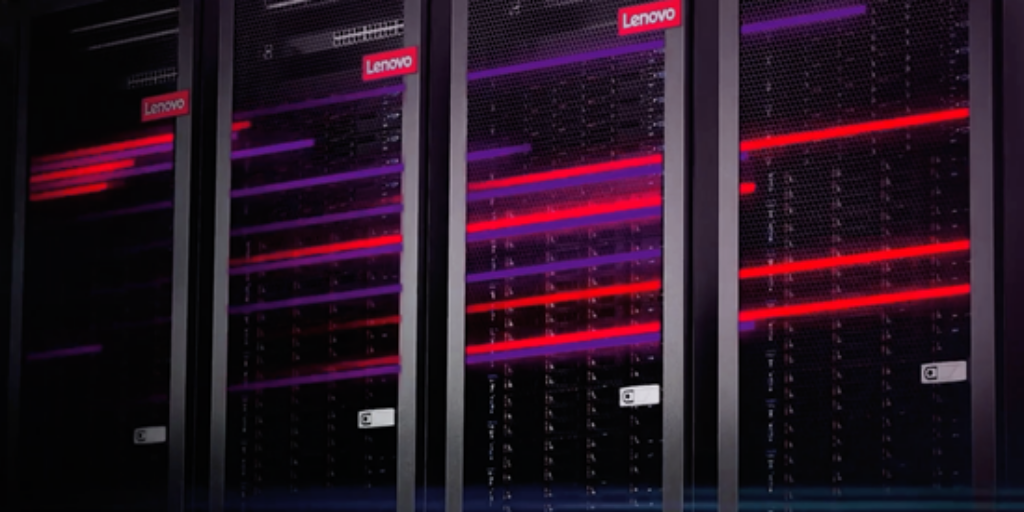In this video from ISC 2019 in Frankfurt, Raj Hazra from Intel shares highlights from his keynote.
The convergence of HPC and AI facilitates powerful ways to tackle previously impossible design, engineering, and scientific challenges. At ISC, Intel will highlight technologies that accelerate this convergence, including the only data center processors with built-in AI acceleration. Today’s advanced HPC systems leverage both traditional HPC data analytics and artificial intelligence (AI) technologies to efficiently address the most complex scientific problems. As the need for more computing performance increases in HPC systems, memory bandwidth is increasingly a bottleneck. Intel’s disclosures at ISC’19 demonstrate how its data-centric portfolio addresses the unique challenges of HPC systems by bringing together HPC data analytics and AI acceleration into a single computing environment, while delivering a new memory and storage paradigm that feeds the compute engine.
Intel Updates at ISC 2019
Intel’s data-centric portfolio provides the foundation for system architects to build advanced computing systems that move, store and process massive amounts of data. For systems that demand the highest computing performance, Intel announced today that pre-configured systems based on Intel Xeon Platinum 9200 processors are available for purchase from select OEMs, including Atos, HPE, Lenovo, Penguin Computing, Megware and authorized Intel resellers. An extension of the 2nd generation Intel Xeon Scalable processor family, the Intel Xeon Platinum 9200 processor series is architected to deliver leadership performance for workloads and usages such as scientific simulations, financial analytics, artificial intelligence/deep learning, 3D modeling and analysis, cryptography, and data compression. Intel Xeon Platinum 9200 processors feature integrated Intel Deep Learning Boost (Intel DL Boost) technology to accelerate AI performance up to 30x over the previous generation Xeon Scalable processor at launch.
Intel is further accelerating the adoption of Intel Optane DC persistent memory in HPC systems. Intel announced a revolutionary new storage architecture for supercomputing that leverages Intel Optane DC persistent memory and Distributed Asynchronous Object Storage (DAOS). DAOS is an open-source software-defined scale-out object store providing high-bandwidth, low-latency and high I/O operations, and is designed specifically for convergence of HPC and AI workloads. This new software-defined storage engine eliminates several limitations of today’s parallel file systems.
Intel also disclosed more information about its One API project, which will deliver a unified programming model to simplify application development across diverse computing architectures. Intel’s One API will be based on industry standards and open specifications and will be interoperable with OpenMP*, MPI* and Fortran among others.






I’m glad to see Intel keeping their focus on Open Source with Open HPC and adding their own Intel Cluster Manager and Cluster Runtimes tools. Strong new announcements.